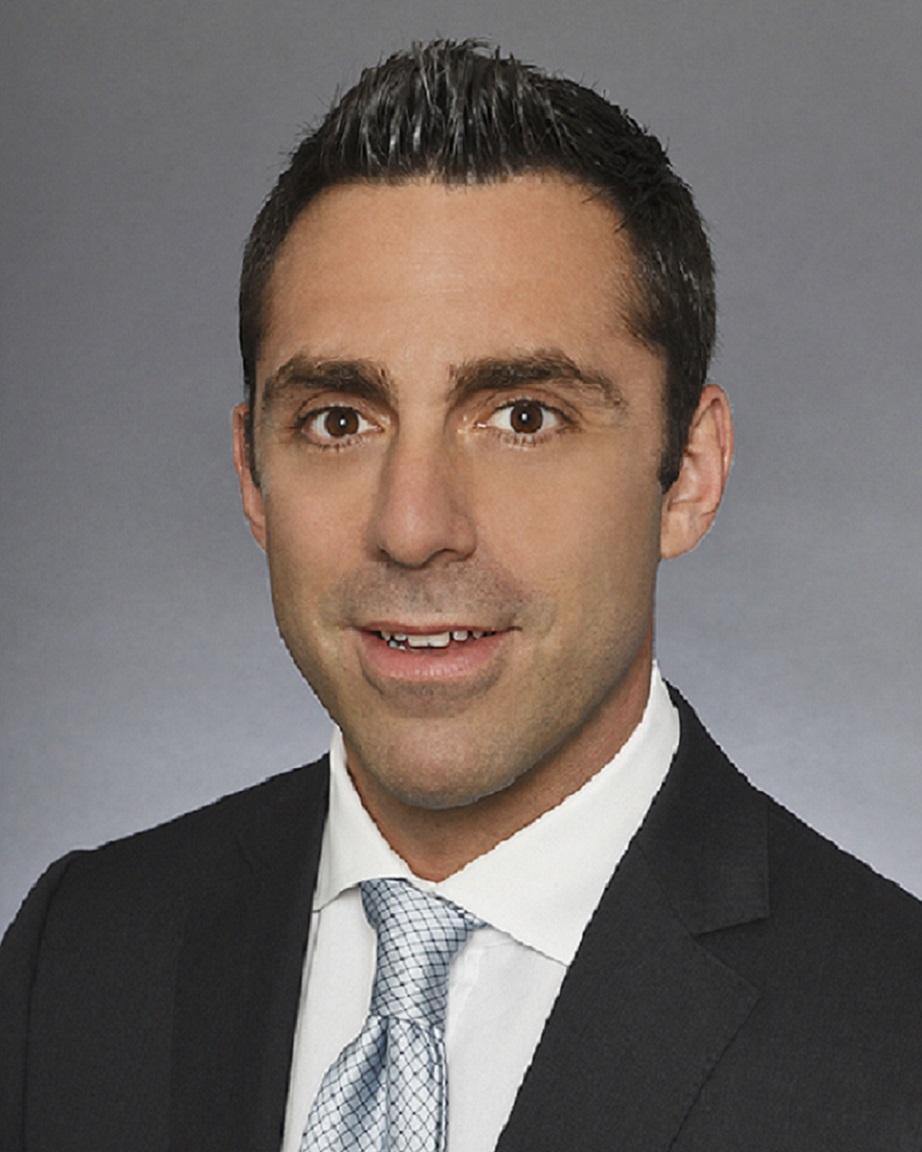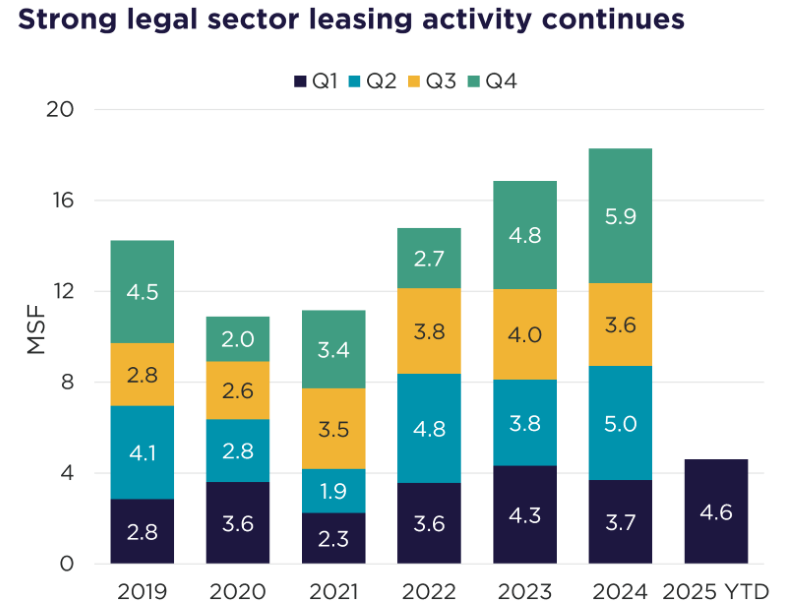Will Lenders Roll Out the Welcome Mat for Hotel Investors?
Insights on what's ahead for the hospitality sector in the capital markets, from a finance veteran and president of the Continental Partners mortgage banking firm.
By Mitch Paskover
 While the hotel sector has demonstrated steady growth over the past few years, several new trends are making financing in the sector considerably more challenging. Although lenders are still willing to finance hotels, many are taking a more conservative approach to underwriting.
While the hotel sector has demonstrated steady growth over the past few years, several new trends are making financing in the sector considerably more challenging. Although lenders are still willing to finance hotels, many are taking a more conservative approach to underwriting.
As a result, many stakeholders are wondering what’s next for the hotel market. Will the industry overcome the cautious outlook, or will lenders continue to pull back? Here are a few key trends that hotel investors should watch as they navigate the capital markets in the year ahead.
Scaling Back Leverage
Many investors are concerned about availability of capital. The fact is, there is plenty of financing available for hotel investments, provided they are high-quality, well-located assets. Lenders also look favorably on limited-service hotels with strong historical income.
However, lenders are scaling back on leverage. In the past, they would underwrite 75 percent loan-to-value for full-service hotels and 70 percent for limited-service properties. Currently, we are seeing lenders reduce LTV to 70 percent for full-service and 65 percent for limited-service in order to offset risk.
In some markets, lenders are now underwriting hotels based on the last 36 months of historical data, which lowers overall loan proceeds. Though this may be the trend, however, it is not the last word. As a case in point, our company has recently secured larger loans on behalf of borrowers for both full-service and limited-service hotels by working with lenders that are willing to underwrite to trailing 12-month income.
Full-Service Focus
Lenders’ appetite for high-quality, full-service hotels remains strong. Five-star luxury assets are especially coveted, and lenders are competing aggressively on these properties, even offering full-term interest-only loans in many cases.
Even amid this fruitful activity, uncertainty has crept into the industry, much of it tied to the rise of Airbnb. Many are concerned that this disrupter will negatively impact all hotel financing.
Despite those worries, high-end full-service hotels will continue to garner competitive terms and ample lender demand. Guests who choose these options are seeking a full-service experience, including concierge services, upscale restaurants and spa options—amenities that cannot be matched by Airbnb.
Tighter Purse Strings
Construction financing continues to be a challenge in the hospitality industry, primarily because of the Basel III capital requirements for high-volatility assets. These standards call for a strict 15 percent equity requirement, and leverage cannot exceed 80 percent without penalties.
In spite of these policies, however, construction financing is available for borrowers with sound investment strategies. Lenders will consider submarket occupancies and average daily rates when financing a new development, and typically favor markets marked by strong tourism and fundamentals.
An uptick in new product deliveries has raised concerns of an oversupply in hotel product and weaker fundamentals. That said, today’s caution is less about oversupply and more about daily rates reaching a plateau.
Despite an uptick in new construction, demand continues to outpace supply, especially in markets where tourism is flourishing, such as Los Angeles. To that point, a report by the California Travel and Tourism Commission found that 46 million tourists visited Los Angeles last year, contributing over $20 billion to the local economy.
In short, lenders are still willing to finance new hotel projects, provided they are located in markets where RevPAR growth is robust and tourism is thriving. Despite challenges associated with high-leverage loans and construction financing, lender appetite for high-quality hotels in attractive locations remains healthy.
Moving forward, borrowers will need to be open to creative solutions, and those who seek out those solutions from experienced financial intermediaries will fare well. The hotel sector remains an exciting and lucrative place for investors with solid strategies in place.
Mitch Paskover is the president of Continental Partners, a national mortgage banking firm that provides capital and financial services to investors and developers nationwide. The company specializes in delivering debt, mezzanine and joint venture equity solutions ranging from $5 million to $200 million for multifamily, office, retail, industrial, hotel, mixed-use and self-storage properties.







You must be logged in to post a comment.